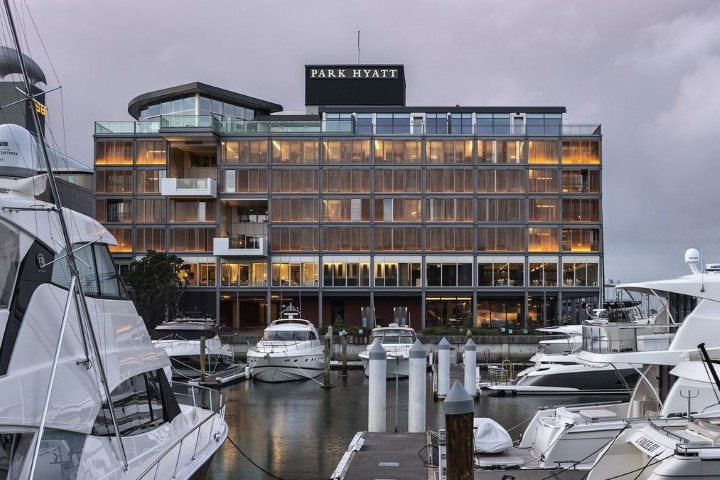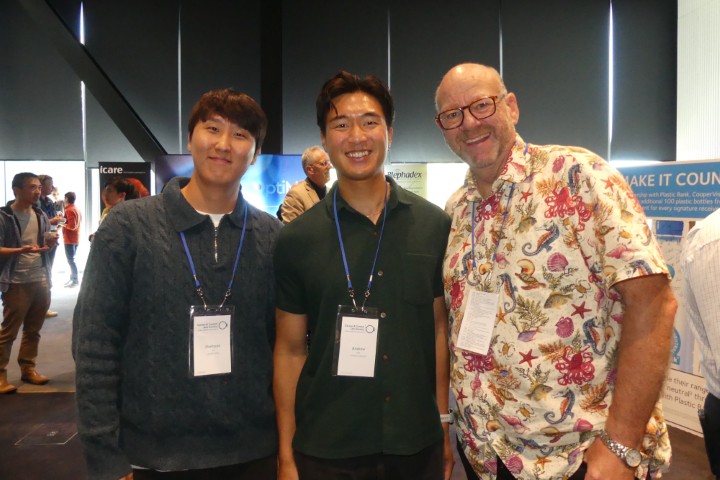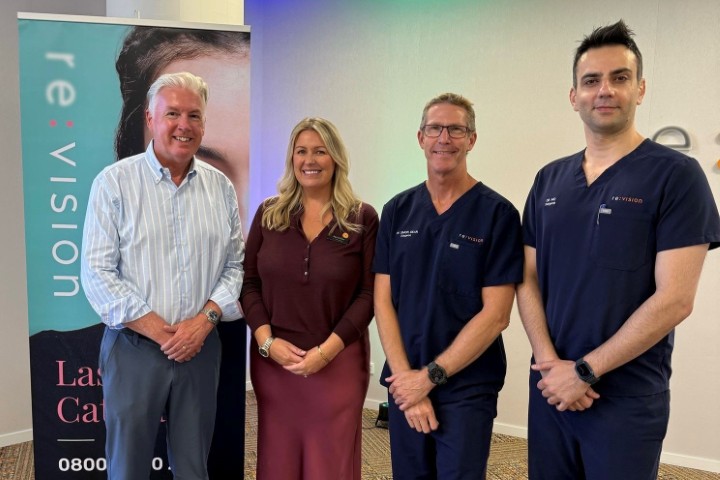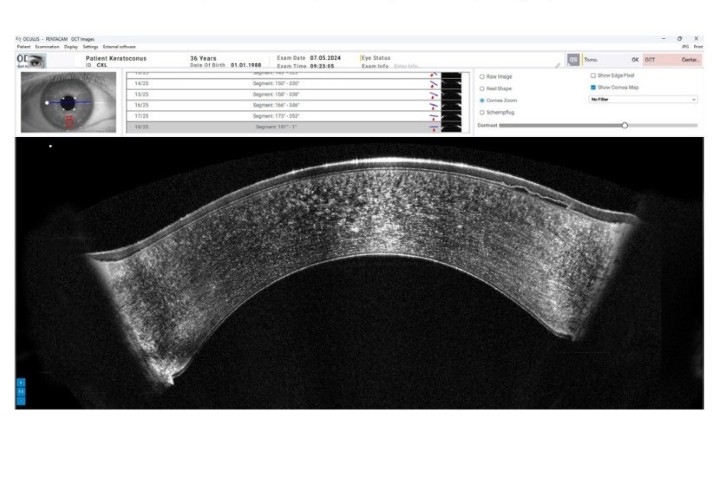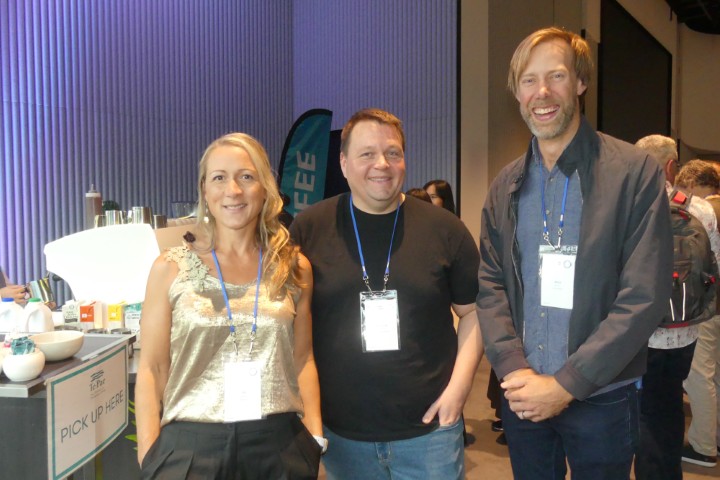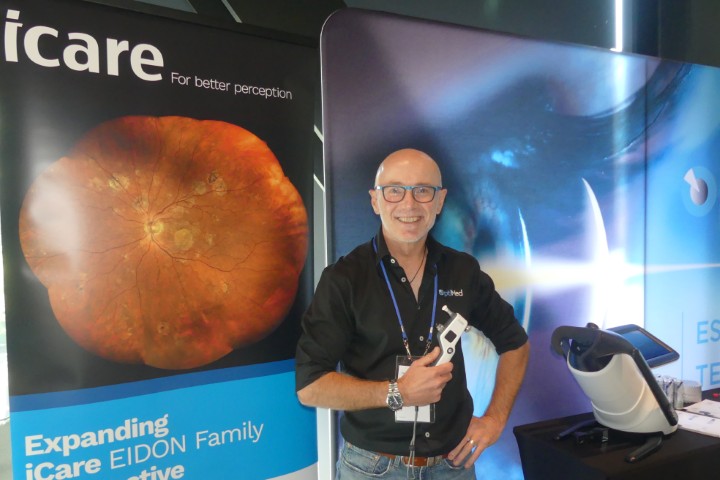An eye on Budget 2023
In a post-Budget 2023 interview in the NZ Herald, Dr Ayesha Verrall, minister of health and of research, science and innovation, said clinicians including ophthalmologists will have “the opportunity to really get their hands much closer to the levers of how we run the health system” to tackle the ‘postcode lottery’ faced by New Zealanders.
In the past, under the old district health boards (DHBs) system, for a great idea to get traction every DHB had to agree, so if one was disadvantaged by the change, it could effectively stop progress, Dr Verrall said. But a year on since Te Whatu Ora’s formation, frontline clinicians from different disciplines, including ophthalmology, were now being selected to form national clinical networks tasked with identifying regional variations and wasted resources in their clinical areas, to recommend how these can be reduced. As well as bringing in national standards of care to ensure equity, these networks will also have wider representation, including primary care and Māori health leaders, she told the Herald.
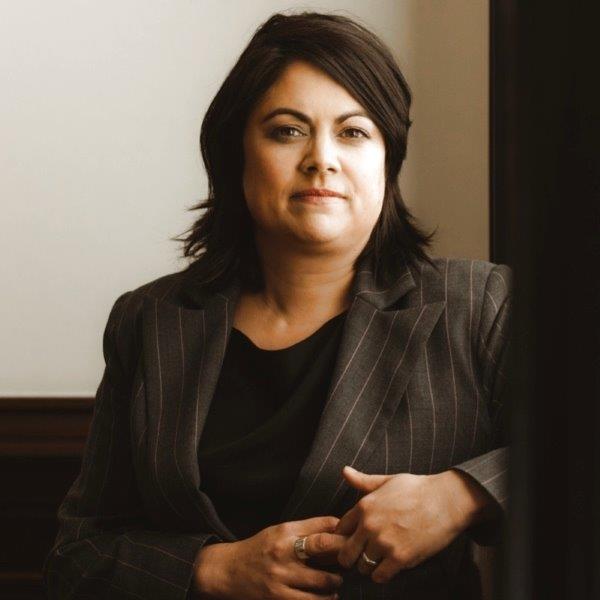
Dr Ayesha Verrall
Prescription fees and disability support
Entitled ‘Support for today, building for tomorrow’, Budget 2023 included increased science research funding, extra support for the disabled and scrapped prescription fees.
From July this year, patients’ $5 co-payment for prescription medicines will stop, which the government estimates will benefit three million New Zealanders. Announcing the change in her budget speech, Dr Verrall said more than 135,000 adults did not collect their prescription because of cost in 2021‑22. “This is particularly the case for low-income families, Māori, Pasifika peoples and disabled New Zealanders,” she said.
If the scrapped prescription charge helps diabetics or glaucoma patients stick to and pick up their medications on time, that would perhaps prevent more sight deterioration, said low-vision consultant Naomi Meltzer. Some blind and low-vision patients might also benefit from the government’s allocation of $863.6 million, aimed at easing cost pressures on its disability support services. This includes individualised funding, giving disabled people more control over the support they receive, said Priyanca Radhakrishna, minister for the community and voluntary sector.
Waitlist pledge
The government also pledged that from 30 June 2024 no patient will wait longer than 12 months from the decision to treat to receiving treatment. A further $200m has been committed to providing primary and community care closer to people’s homes to reduce pressure on hospitals and speed up hospital discharge through community-based care for older people.
In the Herald article, Dr Verrall highlighted the progress made in greater Auckland and Northland which she said have used the new Health NZ architecture to reduce their longer-than-12-months waiting list down from 1,800 to 800 in May, and were on track to reach 300 by July. “I’m convinced that they have cracked the method of how they turn around the wait lists. And Te Whatu Ora is putting support into making sure that similar processes can be supported everywhere in the country,” she said.
Dr Craig King, chair of ProCare, New Zealand’s largest primary health organisation representing GPs, said the 12-month pledge is a step in the right direction, but said any 12-month wait was still unacceptable. “Empowering GP teams to access investigations and treatments that already exist in the community would allow them to assess their patients against the agreed and evidence-based clinical pathways – something we have already proposed as part of our primary care feedback to the minister’s Planned Care Taskforce,” he said.
Research boon
Budget 2023 also included an injection of $450 million into the Wellington region to establish three new research hubs focused on oceans, climate and hazards; health and pandemic readiness; and advanced manufacturing and materials, energy futures and biotech, linking together universities, Crown Research Institutes and industry. This complements the government’s additional $55.2m spend on research fellowships, specifically for more PhD students and dedicated awards for Māori and Pasifika.
The government also invested $37.6 million over four years to enable the country’s researchers to access the €100bn (NZ$172.2bn) Horizon Europe programme, making New Zealand one of the first non-European countries to benefit from the European Union’s largest-ever research and innovation programme, said Dr Verrall.















